The Hot Sheet is a publishing industry news-sheet for authors, produced every two weeks by Porter Anderson and Jane Friedman, and reviewed here every other Sunday as one of the best bi-weekly industry overviews available to authors.
We’re not interested in delivering breaking news, but perspective on stories that are likely to retain meaning for your long-term decision making. We provide distance and nuance on complex issues that affect all authors, whether traditionally published or self-published.

I missed reviewing the last Hot Sheet (for local reasons, not because of the Hot Sheet’s choice of topics), but I’m back on schedule this week, and it’s an opportunity to revisit why I review the Hot Sheet in the first place.
The New Publishing Standard is a globally-focussed journal and I make a point of not covering topics already getting adequate coverage on the mainstream publishing circuit unless I have some distinct insights to offer.
Likewise the Hot Sheet is not a news journal but selects key events and puts some context around them. And so reviewing the Hot Sheet allows me to pitch my View From The Beach global perspective against the POV of Jane Friedman and Porter Anderson, based in the heart of the western publishing industry.
This time around the Hot Sheet kick off with two items about Amazon.
Of course pretty much anything about Amazon makes the mainstream publishing circuit news, so I haven’t touched on these topics in TNPS previously, but Friedman and Anderson juxtaposed two stories – Amazon’s new Great on Kindle initiative, and the shutdown of Kindle Scout.
It was a surprise to me that Friedman and Anderson were themselves surprised by the Kindle Scout shutdown. For me the real surprise was that Kindle Scout lasted so long.
To me Kindle Scout always seemed more a PR exercise than a serious investment in publishing. It was A-Pub Lite, that trod a line worryingly close to that which, if it had been any other traditional publisher, would have been roundly condemned by the indie movement.
Here was an imprint supposedly crowdsourced, that actually disclosed in the small print that the support of fans was not going to be a deciding factor in the final verdict.
Here was an imprint offering an advance of just $1,500, (at a time when Big Pub advances of $5,000 were routinely being condemned as risible) and for that authors had to submit not just finished manuscripts, but publication-ready manuscripts, fully edited and with covers ready to go live, all cost met by the author. For this the author got an ebook deal, but no print run, and Amazon kept audio and translation rights.
Can you imagine the outcry if that was being offered by Simon & Schuster or PRH?
And what possible reason could Amazon have for not offering a CreateSpace POD print option as part of the package?
Which for me simply begged the question, why did Amazon need Kindle Scout at all? It already had all the data it needed to identify promising titles that could be brought into the main A-Pub system.
From Amazon’s perspective, if a title was worth investing in at all, it was worth doing properly. The full A-Pub package, not A-Pub Lite.
So the end of Kindle Scout is a surprise only for having taken so long.
But as the Hot Sheet reports, it’s give and take this time around, in the form of Great on Kindle, a new invitation-only programme for non-fiction ebooks.
Great on Kindle in this context is somewhat a misnomer as anyone trying to view these ebooks on their stand-alone Kindle ereader are going to be sorely disappointed, but in other ways this is a welcome measure.
Previously authors wanting to offer high-quality images, video content, etc, within an ebook were faced with the ridiculous situation of having to opt for the 35% royalty because otherwise Amazon’s delivery charges could leave the author earning nothing from a sale.
As the Hot Sheet explains, now authors of books meeting certain conditions and being invited can opt for a 50% royalty plan, which explains the mysterious 50% royalty spotted a month or two back that caused so much speculation.
I’ll rest this topic with the Hot Sheet’s bottom line:
Amazon giveth and Amazon taketh away. We seem to be in a period of multiple adjustments in its offerings to independent authors. Regarding the Great on Kindle program, one author on Kboards notes, “Amazon wants us to allow the best customer experience only if they get a higher share of the profits.” Realizing that healthy skepticism is a part of the Kboards worldview, we’d just add that it’s early yet, and even the fine print says the program’s benefits may change. While we’re not pleased to see Kindle Scout go, perhaps it didn’t produce the kind of bestseller bang Amazon required—or maybe Amazon Publishing titles have a better return on investment. Kindle Press, as we understand it, is something the company may still use when needed. We’ll keep an eye out for its next assignment.
Other news covered by Friedman and Anderson includes the Smashwords – Findaway Voices partnership, which is presented as
the latest development toward a more competitive audiobook environment.
The Hot Sheet explains,
Last summer, we extensively reported on the marketing partnership between ebook distributor Draft2Digital and audiobook distributor Findaway Voices, which represented a chink in the armor of Audible/ACX, the largest audiobook retailer and distributor in the US. As most authors are aware, working directly with the Amazon-owned company has considerable drawbacks:
Being exclusive to Audible/ACX gets you a 40 percent royalty (as opposed to 20 percent), but exclusivity requires a seven-year term
Exclusivity with Audible/ACX means you’re not reaching the library market
Audible/ACX determines your pricing; you do not, regardless of whether you’re exclusive.
As the Hot Sheet notes, the Smashwords deal is essentially the same as that offered previously by Draft2Digital, where the aggregator acts as a connecting partner sending authors to Findaway Voices but is not actually involved in the production or distribution of audiobooks.
For me there’s a separate debate here about the way the US-based aggregators are beginning to fight for market share rather than opening new horizons, but no time for that now, as there’s more to consider on the audiobook front.
Asked about the move, Mark Coker said,
We’ve had our authors requesting some kind of audiobook play from Smashwords for a few years now. The requests increased about three or four years ago when Audible slashed the royalty rates they pay.” He adds, “There’s some hope that Apple will make a bigger move in audiobooks, given their platform, and that’ll give everyone some weight we need to build an alternative, viable ecosystem outside of Audible.”
The Hot Sheet continues,
Coker says it’s interesting to look at the impact Audible subscription credits have on how authors and publishers price audiobooks and how they are consumed. When value-conscious subscribers pay $14.95/month for one download credit, they have incentive to get the most value out of their credit. That means that longer, higher-priced audiobooks appear to offer more value, and lower-priced and shorter audiobooks look less desirable. So the subscription model artificially inflates list prices. Coker says, “Any time you can return more margin to the author or publisher, it gives the author/publisher the flexibility to price their product lower and potentially bring consumer prices down and make single-copy purchases of audiobooks more appealing and more viable.” Coker believes if a more competitive audiobook market develops, with more pricing flexibility, there may be free series starters in audiobooks just as you now find with ebooks—with audiobooks more often used as a promotional tool.
At risk of over-stretching the quotes a little on this topic I’ll come to the Friedman and Anderson bottom line before chiming in with my own thoughts. Summarises the Hot Sheet:
The cost of producing an audiobook is still a concern for most authors thinking of entering the market; usually the expense is several thousand dollars per title, assuming professional narrators and production work. We agree with Coker when he says, “There’s something backward about the current model: shell out thousands for [creating] the audiobook but get margins that are ridiculously low.” With a more diverse audiobook retail landscape, we have hope the situation will improve.
Surprisingly the Hot Sheet duo did not mention the bigger picture of the “other” subscription model, that appears to be doing extraordinarily well in Europe and beyond.
Storytel Q1 results: Subscribers up 51%, streaming revenue up 43%. Subscribers outside Sweden up 95%
That is the subscription model being led by Sweden’s Storytel, whereby consumers pay a flat monthly rate for as much as they can consume.
That may sound like the road to craziness, but actually subscription audio makes more sense than subscription ebooks, in that consumer reading speeds may vary wildly, while a fifteen hour audiobook tends to take about, well, fifteen hours.
Could the all-you-can-read subscription model work in the US and UK? It seems not, not because of consumer resistance – I suspect the deal would be widely welcomed – but because of publisher resistance.
As noted here at TNPS, BookBeat UK (an arm of Sweden’s Bonnier) has all but given up in the British market because there simply isn’t enough engagement from mainstream publishers.
In the other European markets it’s a different story, as Storytel is proving, with a ten country portfolio already (Sweden, Norway, Denmark, Finland, Netherlands, Poland, Russia, Spain, India and Iceland), an imminent launch in Turkey planned, and by my reckoning (not yet confirmed by Storytel), launches later this year in Bulgaria, Italy and Dubai.
What isn’t clear yet is what the royalty model is that Storytel and co. are arranging with publishers, but what’s interesting is that there is little evidence of publishers publicly decrying the model.
It seems to be working satisfactorily for all parties, and my guess is that as we wind down this decade we’ll see the subscription model appear in the key Anglophone markets, not so much because publishers like it as that it will give publishers an alternative audio option to Amazon’s Audible.
That’s just two, or three, depending on how you count the Amazon story, from myriad topics covered in the Hot Sheet this time around.
There’s also a very useful round-up on GDPR. That’s the General Data Protection Regulation,
a new privacy law that takes effect in Europe in late May 2018 and affects everyone doing business with EU citizens. In this context, “doing business” means any transaction in which you’re collecting personal data, such as email addresses. GDPR affects you no matter where you live or where your business is based.
Friedman and Anderson take a look at how it will impact authors.
The dynamic duo also cover the Pay Gap issue in the UK in some depth. Well worth reading in detail, but l’m over my reasonable quotes limit already, so I won’t go into that.
Also covered in the Hot Sheet is the London Book Fair, where Friedman and Anderson open,
London Book Fair Solidifies Its Leadership in Author Programming
Sessions and business opportunities cater to both traditional and self-publishing authors
Since changes in leadership and emphasis at Book Expo (formerly BookExpo America) were introduced a couple of years ago, London Book Fair has solidified its stance as the friendliest of the major trade shows to independent authors.
But again, that’s as much as I can reasonably quote or refer to here, so I’m going to cheat and grab some further quotes from this section of the Hot Sheet for a TNPS post tomorrow (Monday) on book fairs.
NB: The New Publishing Standard does not carry affiliate links and we receive no compensation from any mention of any service, paid or otherwise.

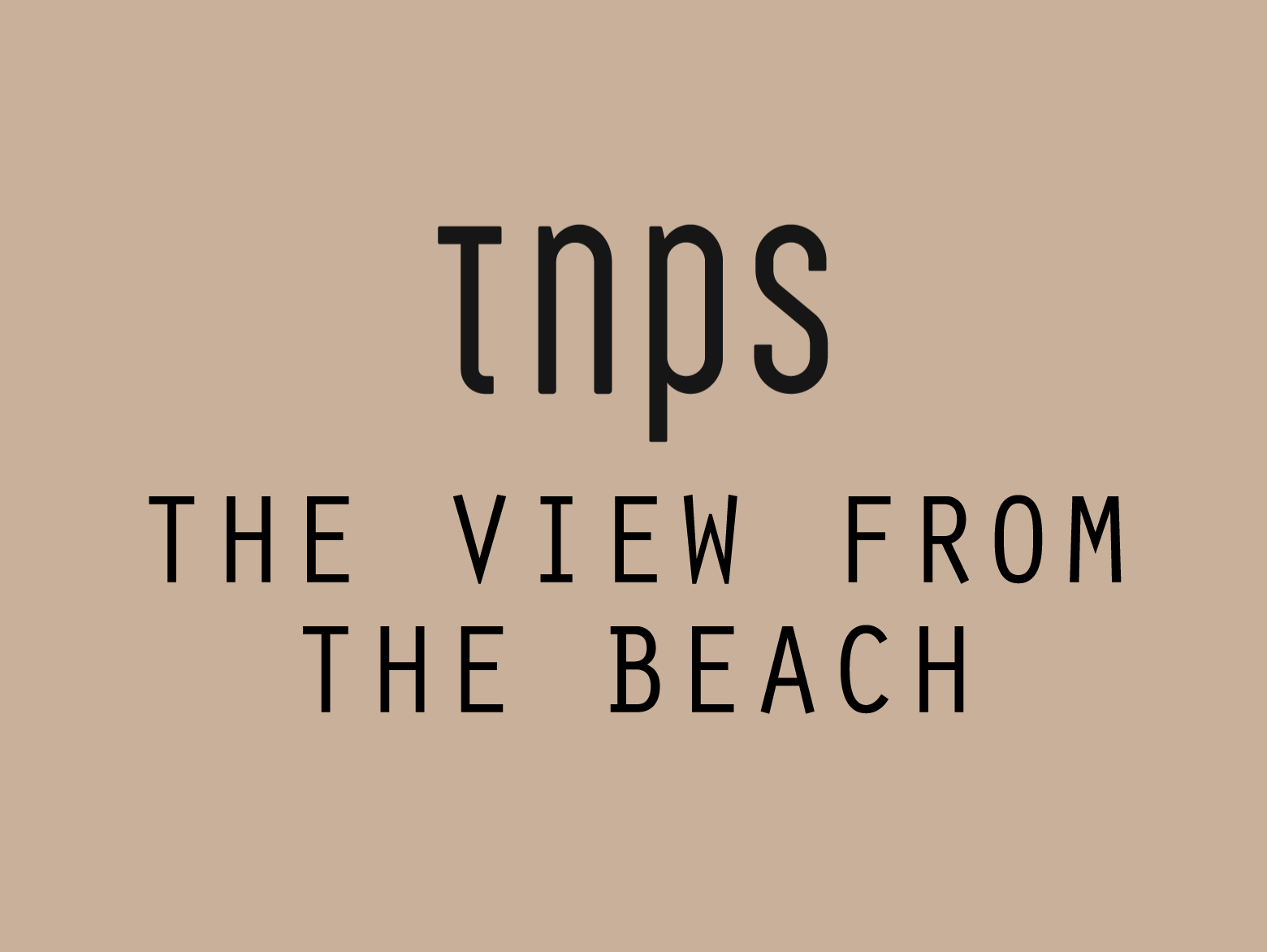
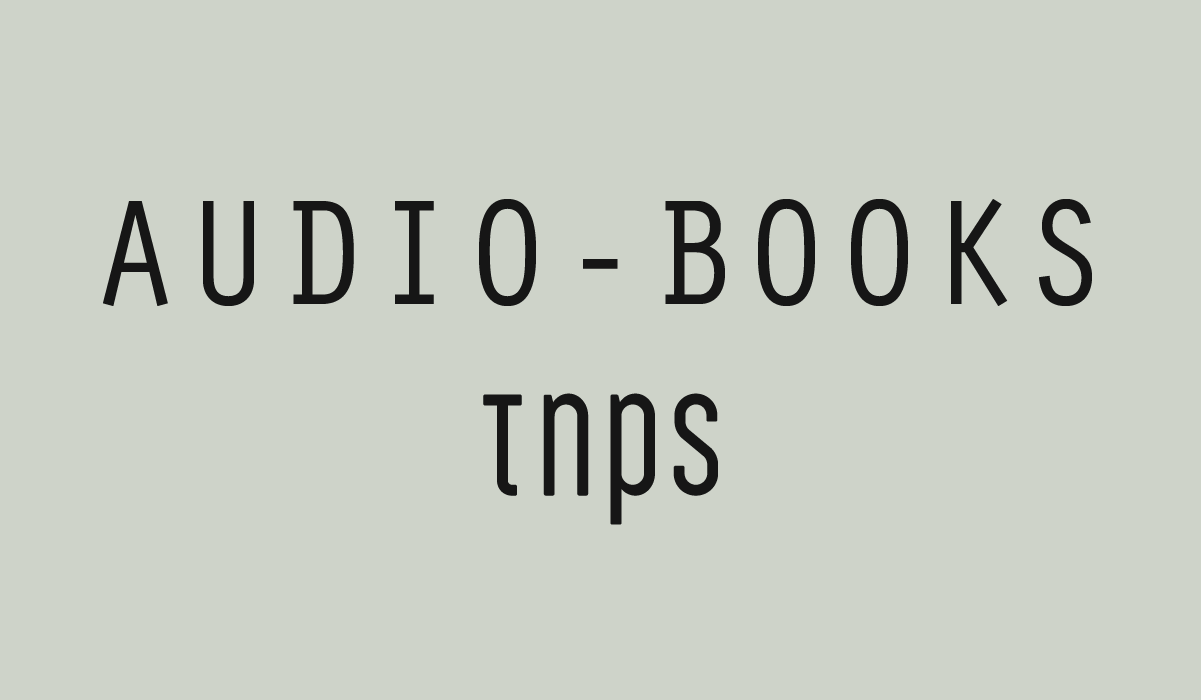
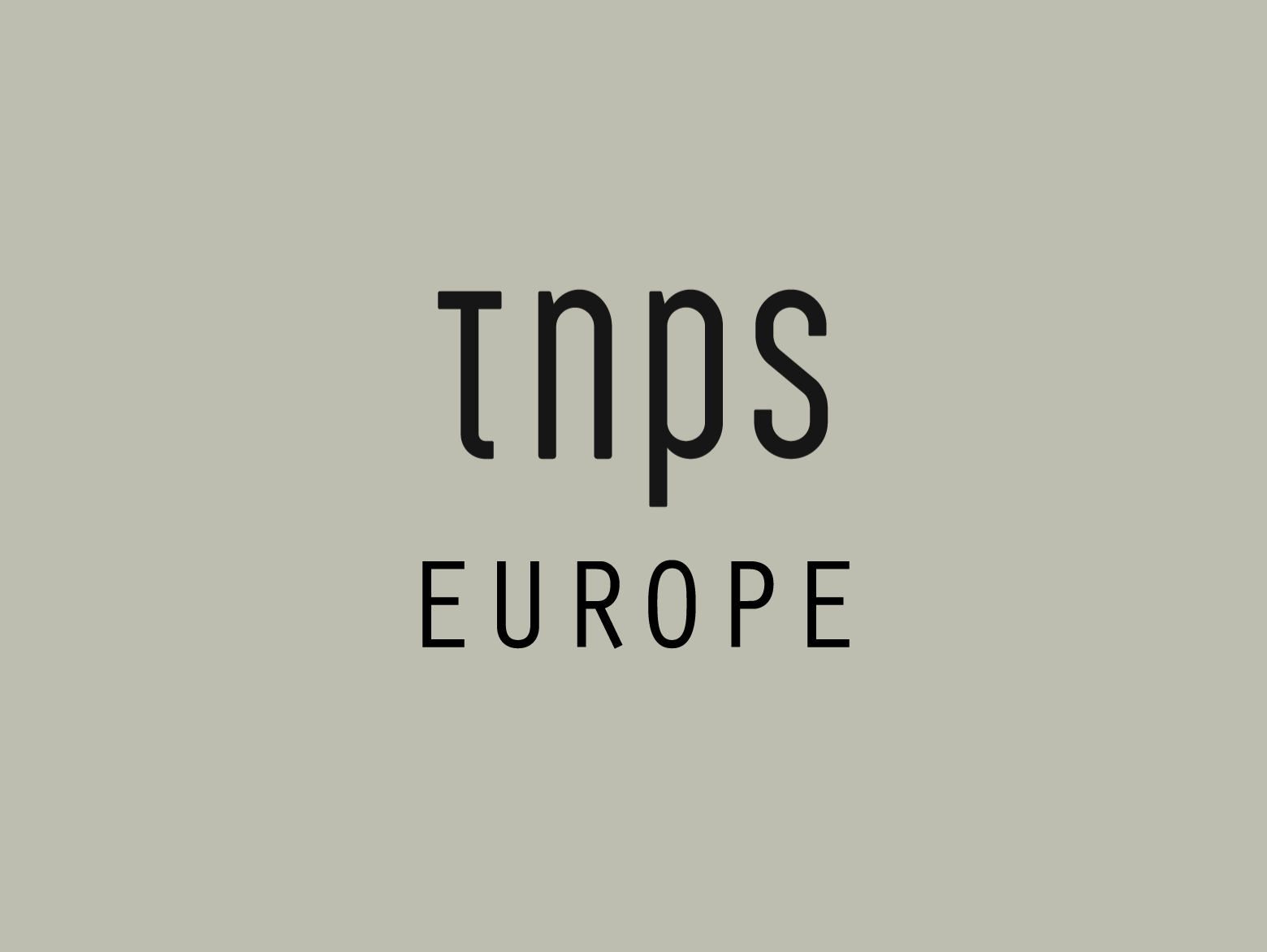
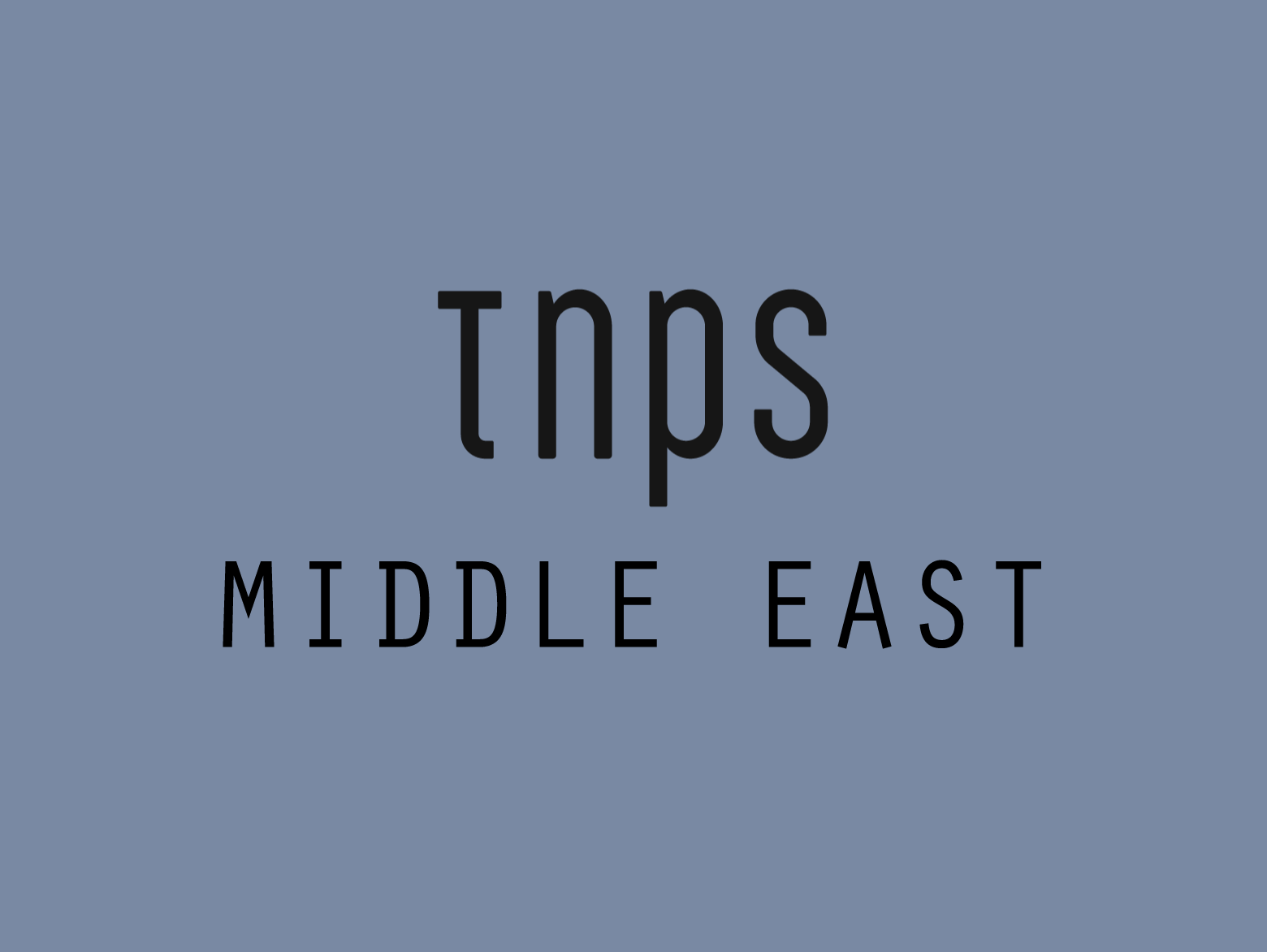
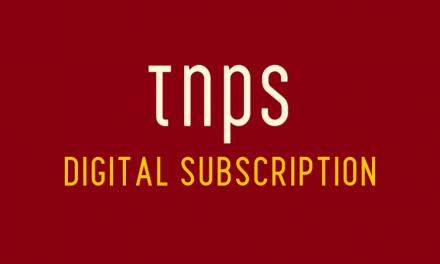
For some time, AuthorsRepublic has offered audiobook distribution that includes both Findaway and Audible, as well as other retailer/distributors.
Thanks, Karen.
I live in Amsterdam in the Netherlands. Storytel have done a mammoth marketing push here in the past months. Billboards at bus stops and railway stations etc. I have also seen a new subscription service for newspapers and magazines in audio. So, much more than just books, I can see that this will supersede radio in the future.
An intriguing thought, Paul. Audio is definitely going to be big, but the challenge right now is productions costs. As voice to text gets to the next level and we can automate the voice-over stage for basic text so this will get another big boost. But the real excitement with audio, for me, lies in the global markets where literacy is low and oral traditions high.